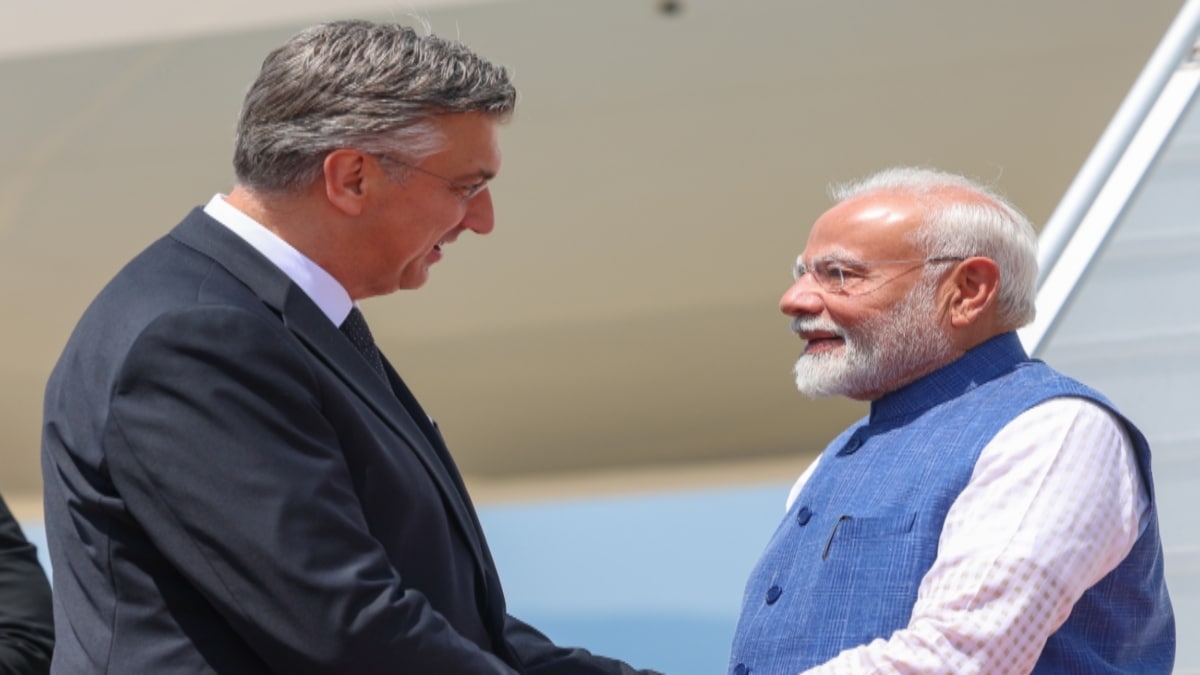

India and Croatia have pledged to strengthen their cooperation in combating terrorism, vowing zero tolerance for all forms of violent extremism and calling for swift justice for perpetrators. This commitment was underscored during the recent visit of Indian Prime Minister Narendra Modi to Croatia on June 18, 2025, the first ever by an Indian Prime Minister, where he held extensive discussions with his Croatian counterpart, Andrej Plenković, and President Zoran Milanović.
Both countries strongly condemned terrorism in all its forms and manifestations, including transnational and cross-border terrorism. They emphasized that there can be no justification for such acts, regardless of the circumstances. In the wake of the terrorist attack in Pahalgam, Jammu & Kashmir, India, on April 22, 2025, Croatia extended its support and solidarity to India, which Prime Minister Modi greatly appreciated. Croatia, having itself experienced extremism and terrorism, understands India's security concerns, as noted by Indian Ambassador to Croatia Arun Goel.
In a joint statement, the two Prime Ministers reiterated their commitment to the full implementation of the UN Global Counterterrorism Strategy, key international conventions and protocols, and relevant UN Security Council resolutions. They called for disrupting terrorism financing networks through the UN, FATF (Financial Action Task Force), and regional mechanisms. Eliminating safe havens and dismantling terrorist infrastructure were also identified as crucial steps. Both leaders emphasized the importance of holding those responsible for terrorist attacks accountable and condemned the use of terrorists as proxies. They further urged concerted actions against all UN- and EU-designated terrorists and terrorist entities, associated proxy groups, facilitators, and sponsors, including those under the 1267 UNSC Sanctions Committee.
Beyond counter-terrorism efforts, India and Croatia are keen to deepen their bilateral relations across various sectors. During the recent discussions, both leaders agreed to boost cooperation in areas such as defence, trade, and cultural exchange. A 'Defence Cooperation Plan' will be formulated for long-term collaboration, focusing on training, military exchanges, and defence industry cooperation. They also aim to triple bilateral trade, with emphasis on pharmaceuticals, IT, and agriculture.
Several agreements were signed to enhance cooperation in key areas. These include:
The leaders recognized the importance of improving connectivity and supported the India–Middle East–Europe Economic Corridor (IMEC) initiative. They agreed to expand cooperation in ports and shipping, acknowledging the long maritime traditions of both countries. Croatia has the potential to serve as a Mediterranean gateway to Central Europe for India.
Prime Minister Modi and Prime Minister Plenković also exchanged views on regional and global issues, including the war in Ukraine. They expressed support for a just and lasting peace based on international law, the principles of the UN Charter, and respect for territorial integrity and sovereignty.
With the celebration of International Yoga Day on June 21st, the leaders acknowledged the popularity of Indian culture, Indology, and Yoga in Croatia, bringing the people of the two countries closer. They recognized the need to encourage greater business-to-business collaboration and facilitate investment partnerships to drive inclusive and sustainable growth.
Overall, the visit of Prime Minister Modi to Croatia has injected new momentum into the bilateral partnership, reinforcing the shared commitment to combatting terrorism and expanding cooperation across diverse sectors for the mutual benefit of both nations.